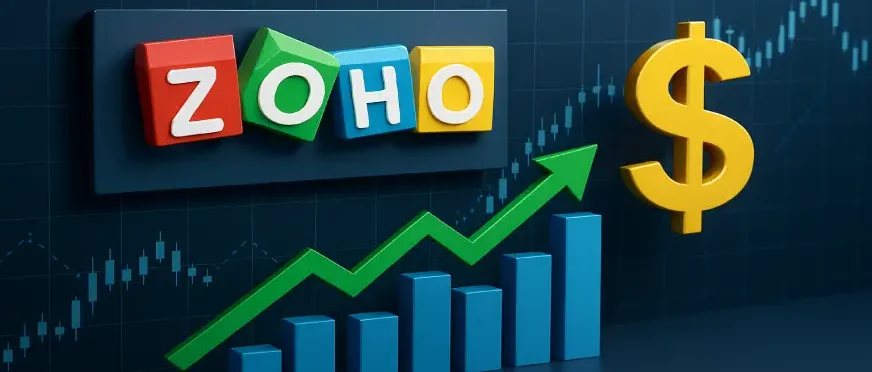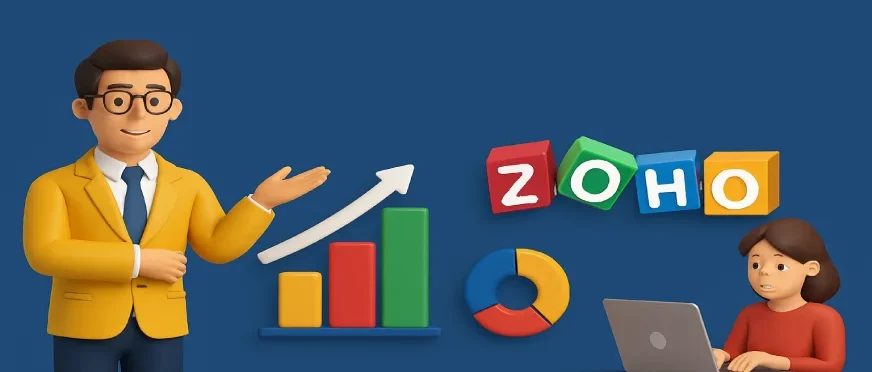SEO (Search Engine Optimization) is all about making your website rank higher on Google and other search engines. While most people focus on on-page SEO (like optimizing content, meta tags, and images), off-page SEO is just as important—if not more!
But what exactly is off-page SEO? How does it work, and how can you use it to boost your website’s rankings? Let’s break it down in simple terms.
What Is Off-Page SEO?
Off-page SEO refers to all the actions taken outside your website to improve its search rankings. Unlike on-page SEO (which focuses on tweaking your website’s content and structure), off-page SEO is about building authority, trust, and popularity.
Think of it like this:
- On-page SEO = Making your store look great (clean shelves, good lighting, clear prices).
- Off-page SEO = Getting people to talk about your store, recommend it, and link to it.
Google loves websites that are trusted and popular in their niche. That’s why off-page SEO matters so much.
What Does Off-Page SEO Include?
Off-page SEO isn’t just one thing—it’s a mix of different strategies. Here are the most important ones:
1. Backlinks
Backlinks are links from other websites to yours. The more high-quality backlinks you have, the more Google sees your site as authoritative and trustworthy.
Good backlinks come from:
- Reputable blogs & news sites
- Industry influencers
- High Domain Authority (DA) websites
Bad backlinks (avoid these!):
- Spammy websites
- Paid links (Google penalizes these)
- Link farms (websites that exist just to sell links)
2. Social Media Engagement
While social media links don’t directly improve rankings, they help in brand visibility and traffic. The more people share your content, the more chances you have of getting natural backlinks.
Best practices:
- Share blog posts on Facebook, Twitter, LinkedIn
- Engage with followers (reply to comments, ask questions)
- Use Pinterest & YouTube for visual content
3. Guest Blogging
Writing articles for other websites (with a link back to your site) is a great way to:
- Get high-quality backlinks
- Reach a new audience
- Build relationships with influencers
4. Brand Mentions (Without Links)
Sometimes, people mention your brand but don’t link to it. Google still notices this!
How to get brand mentions?
- Create shareable content (studies, infographics, tools)
- Get interviewed on podcasts or blogs
- Run PR campaigns
5. Local SEO (For Local Businesses)
If you have a local business, off-page SEO includes:
- Google My Business optimization
- Getting reviews on Google, Yelp, etc.
- Local directory listings (like Yellow Pages)
6. Forum Participation & Q&A Sites
Websites like Quora, Reddit, and niche forums can drive traffic and backlinks if you provide helpful answers.
Example: If someone asks “What’s the best SEO tool?” and you reply with a detailed answer linking to your blog post, that’s a natural backlink opportunity.
How to Do Off-Page SEO (Step-by-Step)?

Now that you know what off-page SEO includes, here’s how to actually do it:
Step 1: Build High-Quality Backlinks
- Find broken links on other blogs and suggest your content as a replacement.
- Use HARO (Help a Reporter Out) to get featured in news articles.
- Collaborate with influencers for backlinks.
Step 2: Be Active on Social Media
- Post regularly (at least 3-5 times a week).
- Join Facebook & LinkedIn groups in your niche.
- Use hashtags to increase reach.
Step 3: Write Guest Posts
- Find blogs in your niche that accept guest posts.
- Pitch unique, valuable content (not just promotional stuff).
- Include a natural backlink to your site.
Step 4: Get Reviews & Testimonials
- Ask happy customers to leave Google reviews.
- Encourage testimonials on LinkedIn or Trustpilot.
Step 5: Submit to Business Directories
- List your business on Google My Business, Bing Places, Yelp, etc.
- Ensure your NAP (Name, Address, Phone number) is consistent everywhere.
Step 6: Monitor Your Backlinks
Use tools like Ahrefs, Moz, or SEMrush to:
- Track new & lost backlinks.
- Disavow toxic backlinks (if any).
Conclusion
off-page SEO is all about building trust, authority, and popularity for your website beyond its own pages. From backlinks and guest blogging to social media engagement and local SEO, these strategies help Google see your site as valuable and credible. The more people talk about, link to, and engage with your brand, the higher your chances of ranking well. By focusing on quality over quantity and staying consistent, off-page SEO can give your website the visibility and long-term growth it needs.




